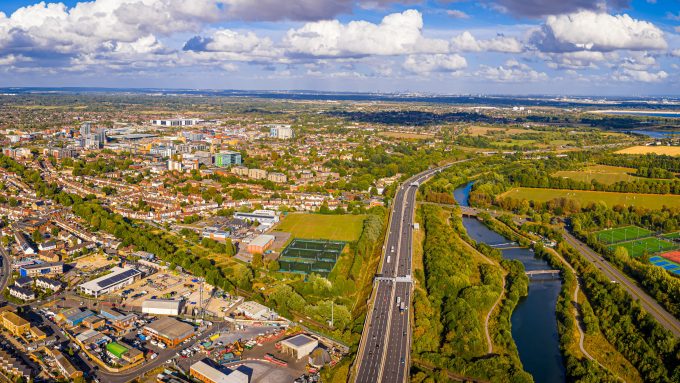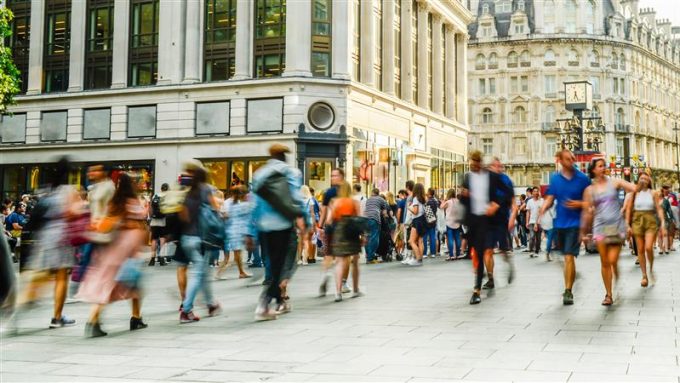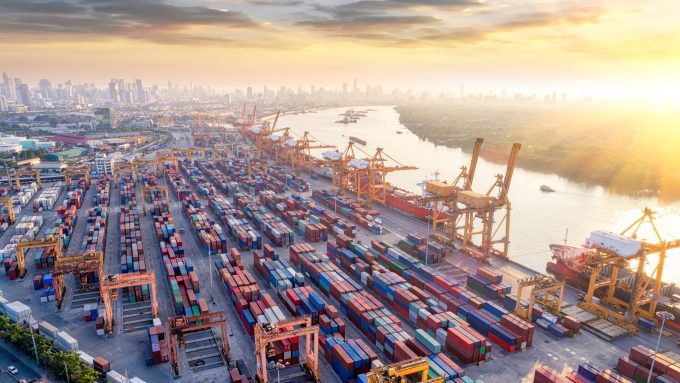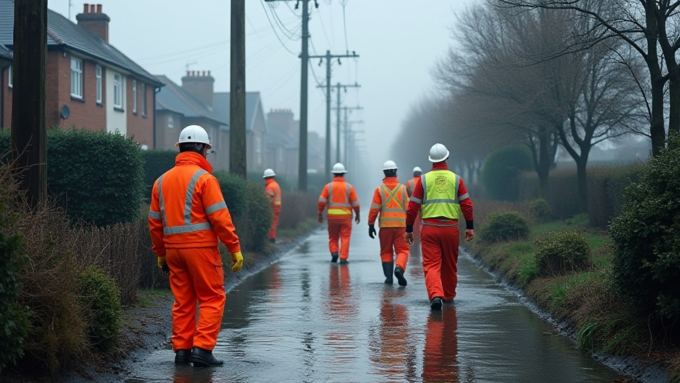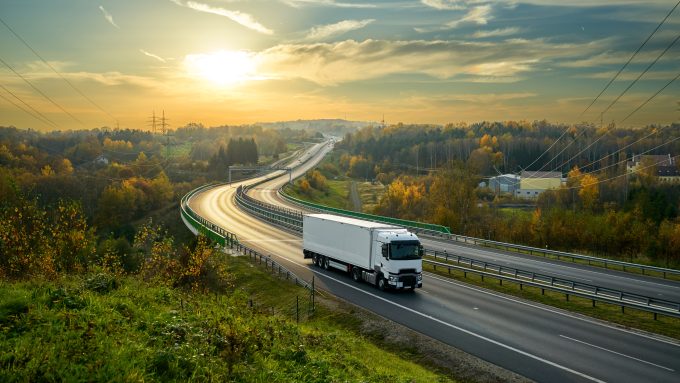Mobilising Investment for Local Net Zero: Insights from developing Net Zero Neighbourhood Investment Memorandums
This report demonstrates that place-based Net Zero Neighbourhoods, supported by targeted government funding and robust investment models, can unlock private capital and accelerate large-scale retrofit across the UK.


